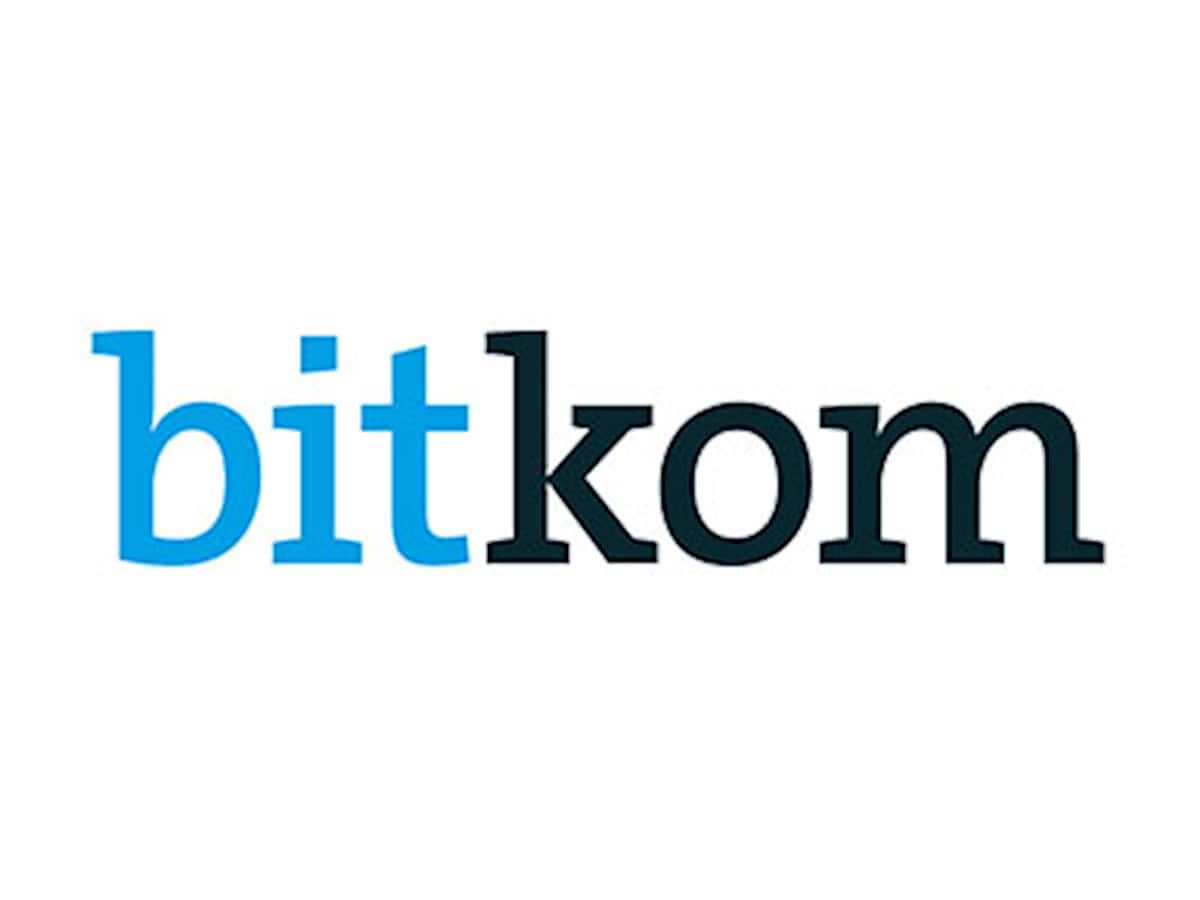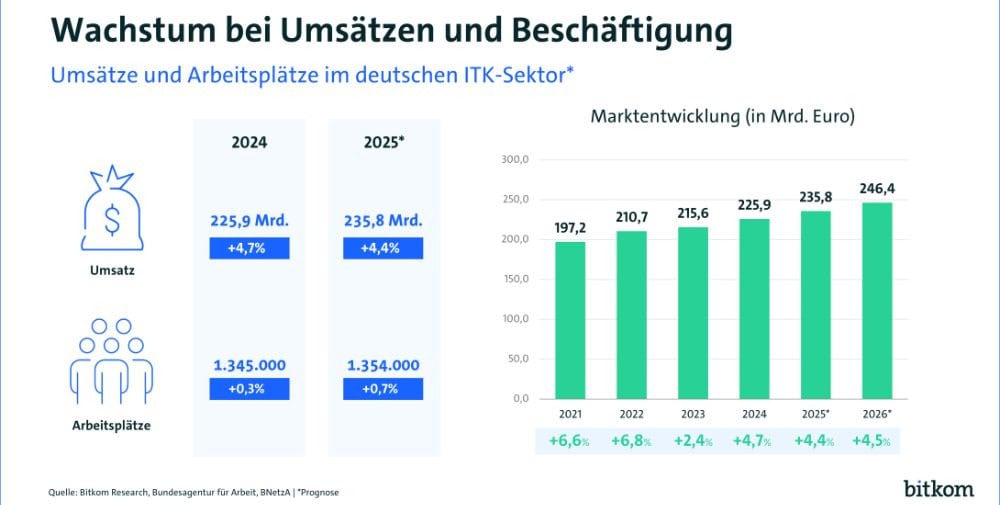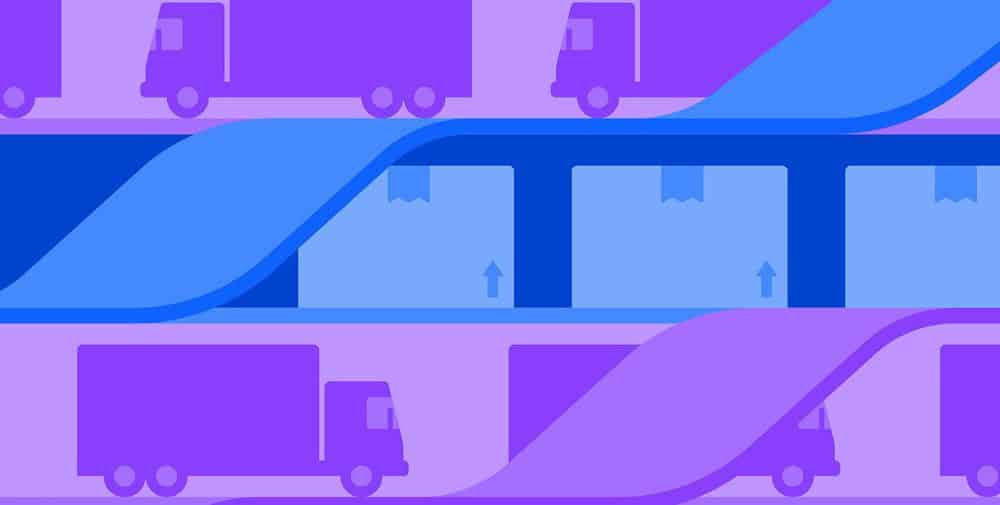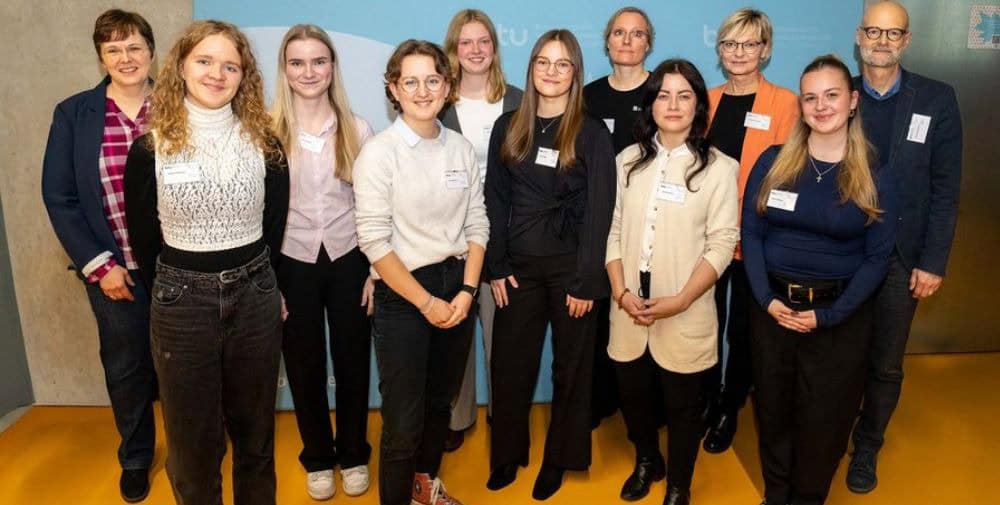
“The digital economy remains an anchor of stability and continues to expand its position as Germany’s largest industrial employer. Business in the IT and telecommunications sector will be positive in 2025, although not all companies will be able to benefit from this growth,” says Bitkom President Dr. Ralf Wintergerst. “It is important that politicians reinforce this momentum and do not place any new hurdles in the way of companies. In particular, the energy-intensive areas of the digital economy, such as data centers and networks, should be taken into account in the electricity tax relief.” In Bitkom’s view, the very high electricity costs compared to the rest of Europe represent a substantial competitive disadvantage. Wintergerst: “It makes no sense to promote AI with billions of euros, only to return the funds to the tax authorities through the excessive electricity tax.”
AI and cloud boost software sales
The growth of the digital economy is driven by information technology and software in particular. According to the latest forecast, IT sales in Germany will reach 161.3 billion euros this year, which corresponds to an increase of 5.7%. The software business is particularly dominant here, with further strong growth (up 9.5% to EUR 52.7 billion). The influence of artificial intelligence and cloud computing is becoming increasingly noticeable within this segment. Business with AI platforms on which AI applications can be developed, trained and operated is growing by 50% to EUR 2.3 billion, having already increased by 41% in 2024. Well over half (58%) of revenue in the software market is already generated in public clouds: this accounts for EUR 30.6 billion – an increase of 17%. Cloud-related services also account for 37% of revenue in IT services (revenue: EUR 52.6 billion / +3.1%) at EUR 19.3 billion. “The cloud is becoming increasingly dominant in the software and services market,” says Wintergerst.
IT hardware: companies invest in new technology
The market for IT hardware is growing in most segments. According to Bitkom forecasts, the hardware market as a whole is expected to grow by 4.8% to 56.0 billion euros in 2025. The biggest growth driver is once again the Infrastructure-as-Service segment, i.e. rented servers, network and storage capacities. This segment grew by 24.1% to EUR 6.5 billion. There was a lot of movement behind this: double-digit growth rates were recorded for tablets (+18% to EUR 2.4 billion), notebooks (+11.2% to EUR 6.9 billion) and desktop PCs (+10.4% to EUR 2.3 billion). Wintergerst: “The increasing use of AI is leading to the purchase of high-quality devices. Companies are investing in digitalization – that is a positive signal.” The server sector is growing by 8 percent, workstations by 5.8 percent and storage by 4.5 percent. However, as in the previous five years, sales of consumer electronics fell below the zero line. Here, sales will fall by 3.3% to €7.6 billion.
Telecommunications: High investments in telecommunications infrastructure
Bitkom forecasts sales growth of 1.7% to €74.5 billion for the telecommunications market in 2025. Business with telecommunications services will continue to account for the largest share of this growth, increasing by 1.2% to 53.4 billion euros. Sales of end devices also increased: by 1.7% to EUR 13.1 billion. Investments in telecommunications infrastructure are developing particularly dynamically: they are growing significantly by 5.1% to EUR 8.0 billion. “Telecommunications companies have invested around 15 billion euros in each of the last two years alone to expand gigabit networks across the board,” emphasizes Wintergerst. “We therefore very much welcome the fact that the expansion of the telecommunications network has finally been certified as being in the “overriding public interest” by the German government. Until now, nature conservation and monument protection have regularly taken precedence over network expansion – which is now changing with the new legal clarification from the federal government.”
Investment by ICT companies also remains high overall. For example, 28% want to increase their investments in 2025, 54% want to keep them constant. However, 18% want or need to reduce their investments. The money will primarily be invested in software and research and development, but also in equipment and buildings.
Business expectations in the digital sector are rising
However, not all companies will be able to participate equally in the ICT sector’s sales growth, as the Bitkom-ifo Digital Index shows. It is calculated on the basis of the current business situation and future business expectations of companies. Although it improved slightly in June, at minus 1.0 points it is still below the zero line. Business expectations for the coming quarter rose by 10 points in June, from minus 13.3 to minus 3.2 points. “The improved business expectations primarily reflect the expectations of the new federal government and the Ministry of Digital Affairs. The federal government must now deliver, and I am confident that it will,” said Wintergerst. Overall, however, the Bitkom-Ifo Digital Index remains well above the ifo Business Climate Index for the economy as a whole, which has remained in negative territory for more than two years at minus 6.7 points.
USA continues to dominate the global market
According to the forecast, global IT and telecommunications sales will increase by 6.6 percent to EUR 5.2 trillion in 2025. India will record the highest growth this year with an increase of 8 percent, followed by the USA with 7.3 percent. The EU (excluding Germany) is expected to achieve growth of 7.1 percent, followed by the UK (6.7 percent) and Japan (5.9 percent). Sales growth of a comparatively low 5.8% is forecast for China. Germany lags behind with 4.4%. Looking at the international markets, the USA maintains its dominant position and will have a global market share of 38.8% in 2025. It is followed at a considerable distance by China (11.0%), Japan (4.6%) and – together with the UK – Germany in fourth place (4.1% each). India has a global market share of 2.5%. The EU excluding Germany accounts for 9.9 percent of the global ICT market, including Germany it is 14.0 percent.
Electricity price relief, a new digital strategy, resolving traffic light congestion with laws
In order to bring Germany forward in the digital sector, Bitkom suggests the adoption of a new digital strategy by the federal government. “A comprehensive and cross-departmental roadmap is needed to bundle digital policy projects in Germany, accelerate them and make them measurable,” emphasizes Wintergerst. “A digital strategy 2.0 needs binding targets and verifiable measures.” Secondly, the backlog of EU implementation laws must finally be resolved, as the still unclear national requirements of the AI Act, the Data Act and the Kritis umbrella law mean legal uncertainty for German companies. And thirdly, there is an urgent need for relief on electricity prices. Wintergerst: “Data centers in particular are increasingly falling behind in international competition – and communication services in Germany are becoming unnecessarily expensive for consumers. In the further negotiations on the budget, the Bundestag must ensure that electricity price relief also applies to data centers and telecommunications networks – just as it does for traditional industries.”
– – – – – –
Further links
👉 www.bitkom.org
Graphic: Bitkom




